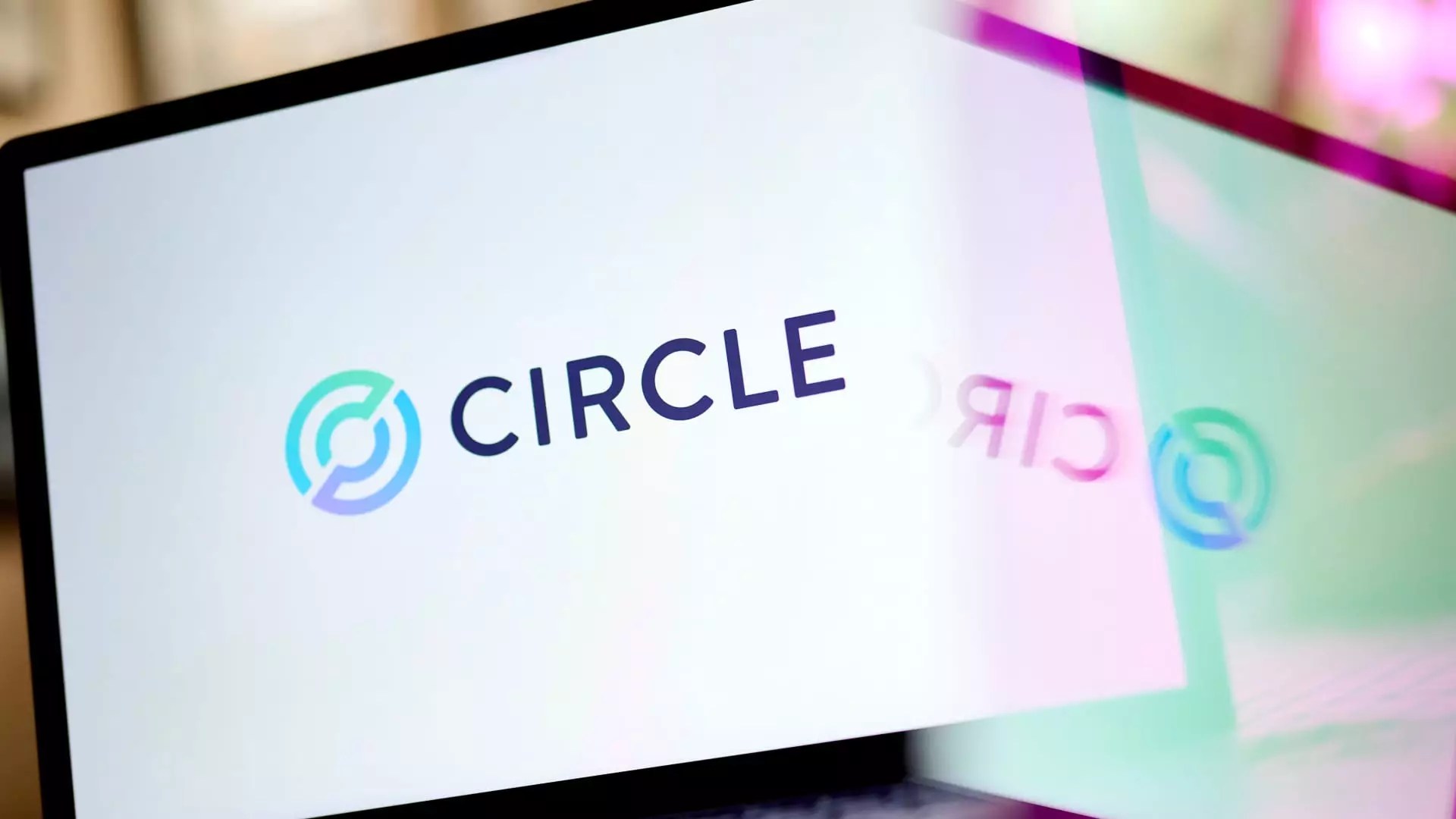In the realm of cryptocurrency, the stakes are undeniably high, and Circle Internet Group is daring to make a significant splash with its recent IPO. Priced at $31 per share—well above its initial expectation of $24 to $26—this $1 billion initial public offering signifies more than just monetary gain; it represents the burgeoning adoption of stablecoins within the financial landscape. With a valuation now hovering around $7 billion, one must ponder whether this valuation is driven by sustainable growth or merely speculative exuberance. The hype around digital currencies can shift rapidly, and investors should remain vigilant, understanding that the cryptocurrency bubble can deflate just as quickly as it inflates.
Five Below: Resilience Amidst Inflationary Pressures
The retail sector often serves as a barometer for broader economic health. In this context, Five Below’s recent success in climbing 7% on the back of robust first-quarter earnings stands out. This success, combined with cautious optimism about revenue projections, hints at a consumer base that is resilient despite inflationary pressures. With earnings surpassing analyst expectations, Five Below is redefining budget retail as not just a choice but an essential option for many families caught in the whirlwind of rising costs. One can’t help but admire their ability to thrive even when many other retailers flounder under economic constraints, showcasing a model that blends affordability with appeal.
MongoDB: Breaking Expectations in a Nuanced Sector
MongoDB’s recent 17% surge is a testament to the strength of companies that are aligned with the data-driven future. The tech titan posted earnings that not only exceeded expectations but also suggest a growing market for document storage solutions. In an environment where data privacy and efficient retrieval are more crucial than ever, MongoDB is poised to capture significant market share. However, this raises an essential question: can such rapid growth be sustained? The future landscape of tech investments is bound to fluctuate, demanding careful monitoring from investors who must navigate between ambition and realism.
PVH Corp: The Cost of Tariffs on Classic Brands
PVH Corp’s 8% tumble post-announcement of more tempered earnings guidance is a cautionary tale for investors. Here lies a quintessential example of how external factors, specifically rising tariffs, can impact even well-established brands like Calvin Klein and Tommy Hilfiger. This situation highlights an often-overlooked aspect of investing—how geopolitical maneuvers can have direct, profound effects on profitability. Companies must strategize proactively to mitigate these adverse effects, or investors risk witnessing continued volatility. The challenge for PVH will be to balance brand integrity with pricing adjustments to retain consumer loyalty.
Lands’ End: Turning Tariff Trials into Transformative Triumphs
In contrast to PVH’s missteps, Lands’ End has exhibited remarkable agility by taking proactive measures in the face of rising tariffs. Their ability to rally significantly, despite reporting a loss that met analyst estimates, suggests a forward-thinking strategy that may resonate with consumers in a budget-conscious environment. Lands’ End is navigating the complexities of the clothing market with innovative solutions that could set a precedent for how other retailers adapt to similar pressures. Yet, this raises an intriguing point: how far can adaptability take a company, especially in a market saturated with competition?
Valuations at a Glance: Chewy and Brown-Forman Under Scrutiny
Chewy’s recent downgrade by Jefferies and Brown-Forman’s disappointing earnings closely mirror the challenges investors face in a shifting market landscape. While Chewy poses an enticing proposition within the e-commerce pet supply market, this brings forth concerns surrounding overvaluation that could stymie future growth. Similarly, Brown-Forman’s hefty 10% decrease after missing expectations indicates a cautionary tale in brand loyalty within the spirits industry. Investors must grasp the nuance here, recognizing that even well-established names face pressures that can breed volatility in both stock performance and consumer trust.
Future Outlook: A Divergent Path for Emerging Tech
The contrasting fortunes of technology companies like Verint Systems and CyberArk Software encapsulate the volatility present in the tech sector. Verint’s 18% surge versus CyberArk’s slight decline illuminate the bifurcation of investor sentiment. Confidence in tech solutions and customer service innovations continues to soar, as evidenced by Verint’s outperforming margins. In contrast, CyberArk’s recent convertible note offering invites skepticism. What emerges from these movements is a necessary caution in a market rife with potential rewards but equally fraught with risks. Investors need to prioritize companies that not only showcase strong financial metrics but also possess strategic foresight in an evolving digital age.

